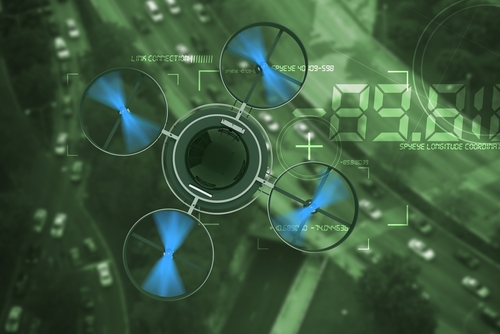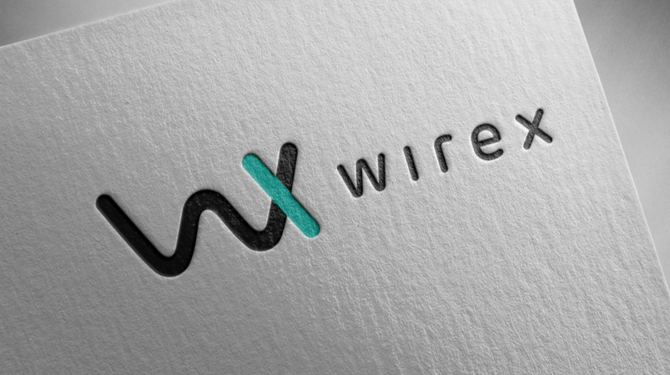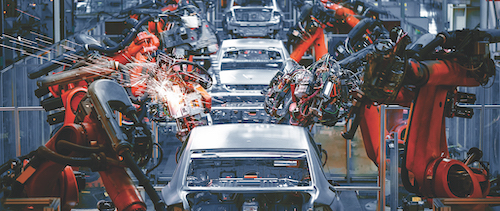The Internet of Things - revolution and destruction
To say that the potential for lawyers is huge is almost to mis-understand what is happening. It is a bit like saying that the Bible’s Great Flood offered great opportunities for boat-builders when, in fact, it destroyed all those who did not realise what was happening. As with the arrival of the internet itself, the IoT will be so revolutionary that lawyers will find their work practices and work agendas overhauled by the changes. Not only will lawyers be giving advice in different ways but they will also be seeing a growth in demand in particular areas (such as patents advice and privacy).
The examples which are normally given about the IoT include the smart fridge which can stock take on your behalf and place orders with your local supermarket when you run low. Robotics will play a growing role - as both AI and robots will be used to co-ordinate and deliver the services that the IoT will provide.
One of the big technical issues that has held back the IoT is connectivity - linking up the sensors that will be built into fridges, parking spaces in Smart Cities and other locations to a network that is accessible to individuals through their smartphones. The arrival of 5G mobile phone technology is expected to catapult us forward on that. We are now in 4G - and the much-debated 5G is still in embryo. Telecommunications body 3GPP held a workshop in Phoenix, Arizona in September to plan the new (mobile broadband) standard which will be the basis of 5G.
Standard-setting is the IT world’s practical version of laws. And lawyers who are involved in creating them put themselves at the heart of the business community. ‘Standards are…an extremely important part of market creation,’ said David Willetts, Visiting Professor in Policy Institute at King’s College London, in a discussion on IoT this year. The former UK government minister went on to explain how influential organisations can be if they take a role in ‘shaping standards’. That can ‘help you maintain a key role,’ he added. ‘Well, actually, you can argue one of the reasons for the success of Vodafone is that mobile phone standards were written in a way that supported Vodafone.’
The IoT is also bringing together in the same supply chain two sectors - electronics and software - which have very different legal traditions. Electronics tends to use patent law - hence the emergence of monopolies for first-movers with strong legal teams. Software relies far more on copyright - a set of laws which does far less to protect innovators.
As for privacy, imagine a world in which each of us is typically carrying over a dozen electronic tags. New smartphones typically have 14 sensors - relating to location, touch, the angle at which they are being held and other variables. The debate about how we avoid moving into a Big Brother world has barely begun.


.jpg)
.jpg)
.jpg)

.jpg)
.jpg)



